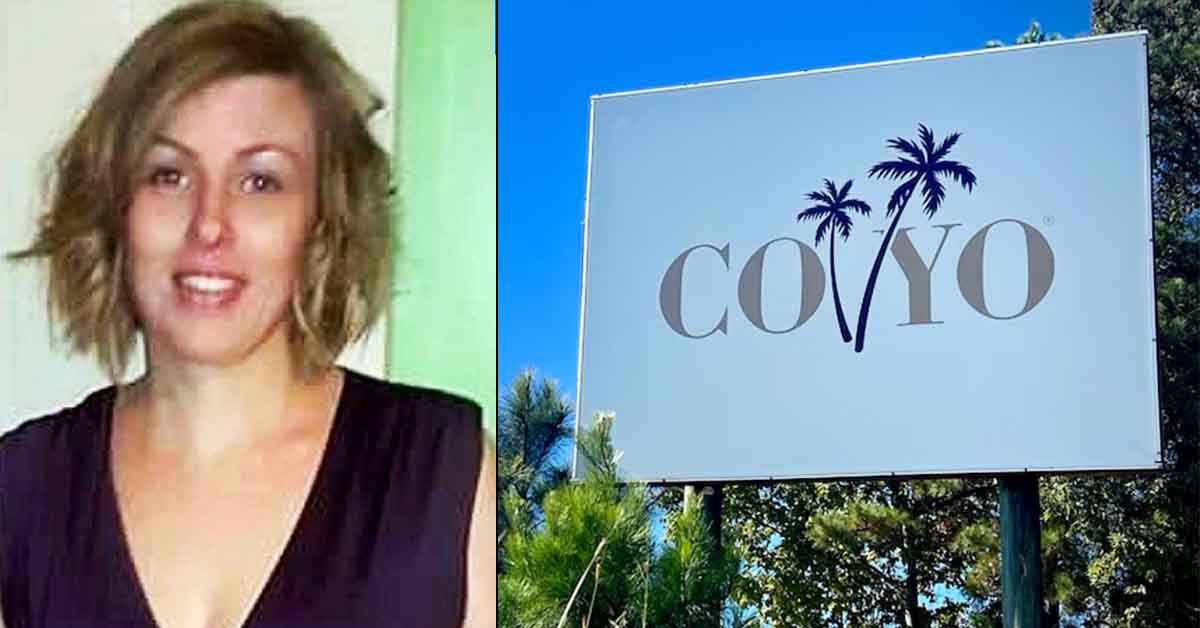Celia Marsh, a 42-year-old mother of five with a severe allergy to milk, suffered a fatal anaphylactic reaction in 2017 after eating a “Rainbow Super Veg” flatbread she purchased from a Pret A Manger sandwich outlet.
Ms Marsh, a dental nurse from Melksham, England, was enjoying a post-Christmas shopping trip with her husband and three of her daughters when she collapsed in the street after eating the sandwich bought from the chain’s store in Bath.
An inquest into her death learned that traces of dairy were detected in the sandwich that was labeled as vegan and, hence, dairy-free.
The company that supplied the yogurt, Planet Coconut, secured exclusive rights to market the product in the UK and Ireland from COYO, a manufacturer based in Queensland, Australia, in 2014.
Now Planet Coconut is suing COYO for $10 million AUD ($6.4 million USD) in damages for misleading or deceptive conduct and breach of contract, according to documents filed in the Queensland Supreme Court.
Planet Coconut is basing its claim on a report that identified the source of the dairy contamination as a stabilizer – an additive that helps the product maintain its consistency.
Planet Coconut alleges there was an implied term in its licensing agreement with COYO that the stabilizer would be dairy-free.
Responding in a notice to defend, COYO stated that even if there were a dairy-free implied term, it wouldn’t necessarily mean the products were, in fact, 100% dairy-free.
“The term ‘dairy-free’ has no fixed or established meaning in the industry,” lawyers for COYO said in court documents.
They stated a product could be marketed as “dairy-free” even if it contains a small amount or traces of dairy.
Planet Coconut asserts that following the death of Ms Marsh, it lost major customers and was forced to assume the costs of recalling and testing the contaminated product.
The company alleges COYO knowingly withheld information that the stabilizer was manufactured on the same production lines as other products containing milk and, as such, presented a significant risk it could be contaminated.
It also alleges the stabilizer manufacturer produced a report in 2014 warning about the risk of allergens within the factory – which COYO failed to pass on.
COYO claims it was Planet Coconut’s responsibility to test and ensure the ingredients were dairy-free.
We urge our readers concerned with food allergies to note the quotes from COYO lawyers that “the term ‘dairy-free’ has no fixed or established meaning in the industry” and that a product could be marketed as “dairy-free” even if it contains a small amount or traces of dairy.
While these companies engage in semantics, let’s not forget that Celia Marsh and her family are the victims of corporate indifference and a broken regulatory regime that leaves the allergic community exposed.
With this in mind, it is imperative to always take two epinephrine auto-injectors along everywhere, every time, and to administer the drug when anaphylaxis is first suspected and call emergency services.
NEVER rely solely on manufacturer claims to keep you safe.





